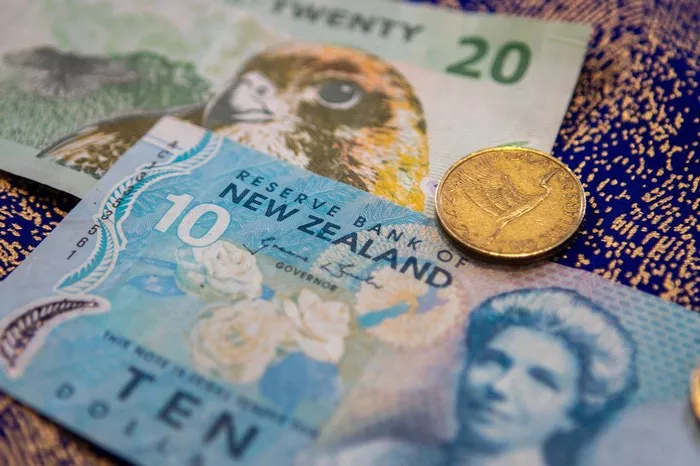The AUD/JPY currency pair is retracing recent gains, influenced by speculation of an imminent shift in the Bank of Japan’s (BoJ) policy stance. Additionally, heightened geopolitical tension in the Middle East is bolstering demand for the safe-haven Japanese Yen (JPY), acting as a headwind for the AUD/JPY cross. As a result, the pair dipped to around 96.60 during the Asian trading session on Monday.
The United States (US) and the United Kingdom (UK) conducted new airstrikes on the Iran-backed Houthi militant group in Yemen on Saturday. This military action was in response to a drone strike that led to the tragic death of three US service members in Jordan. Adding to the geopolitical tensions, White House national security adviser Jake Sullivan warned on Sunday that US airstrikes on Iranian-backed militias were just the beginning, suggesting the possibility of further strikes on Iranian soil.
The Australian Dollar (AUD) is facing selling pressure as the benchmark S&P/ASX 200 Index retreats from last week’s record high. Notably, the decline is pronounced in the miners and energy sectors, exerting additional downward pressure on the AUD/JPY cross.
In economic news, Australia’s Trade Balance (MoM) for January indicated a reduction, with the figure at 10,959M, compared to the revised December figure of 11,764M. Additionally, the Judo Bank Composite Purchasing Managers Index (PMI) improved to 49 in January from the prior reading of 48.1. The Services PMI also experienced an uptick, rising to 49.1 from the previous figure of 47.9.
Looking ahead, the Reserve Bank of Australia (RBA) is set to announce its interest rate decision on Tuesday. Market expectations are for the RBA to maintain the cash rate at the current level of 4.35%. Traders will closely scrutinize RBA Governor Michele Bullock’s speech on the monetary policy outlook, seeking additional insights into the central bank’s stance and considerations for future policy actions.


